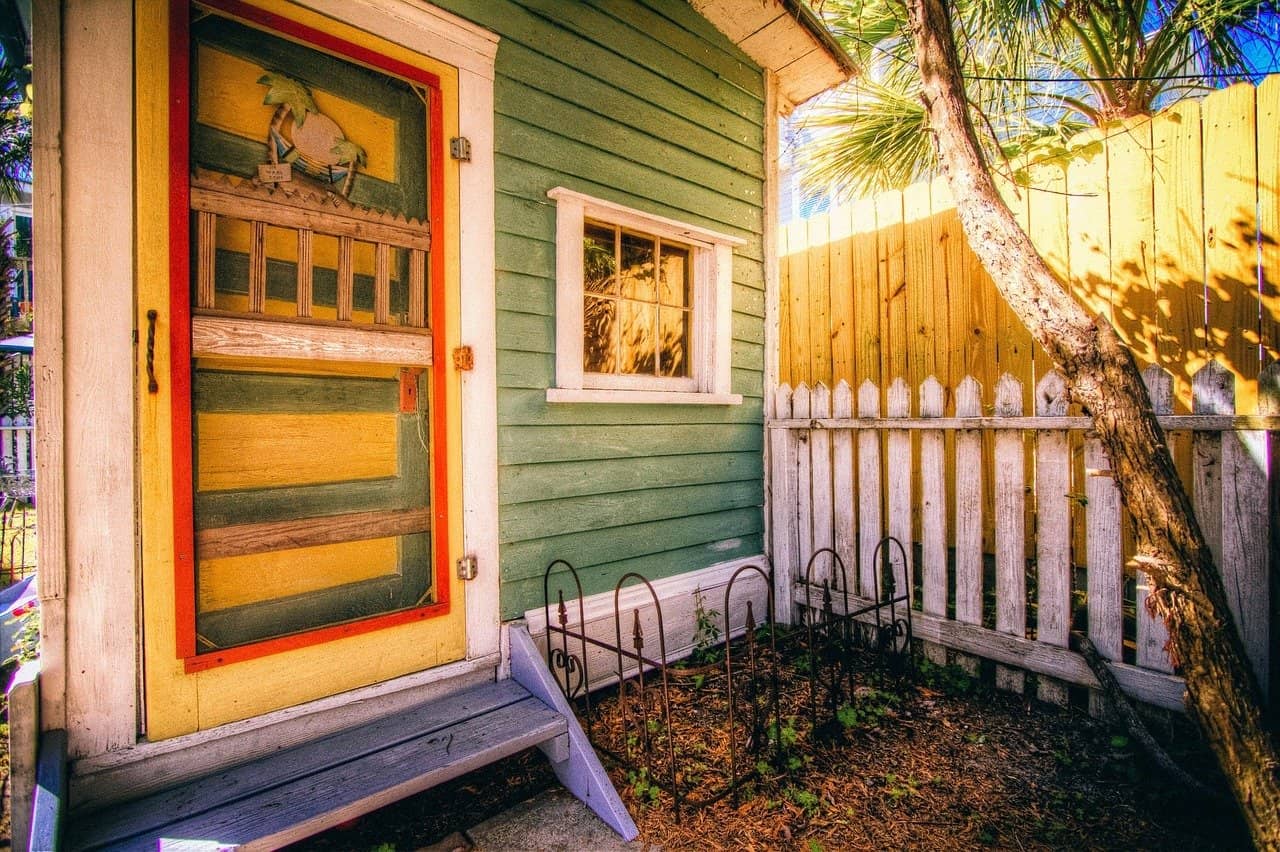
Our homes are our havens, and we love to make them beautiful. Sometimes though, the changes we make are about investment and budget management.
We would love the world to be free of money’s constraints, yet we recognise this is unrealistic. Therefore, making changes to our homes that are improvements and offer a long-term return on the investment is the best of both worlds.
Once you are sure you are on the best energy deal you can be, you should take proactive ways to cut costs and heighten efficiency around your home.
Explore Some of these Improvements, From the Small to the Significant:
Changing your light bulbs
The smallest changes rarely make big differences, except when it comes to light bulbs. Halogen bulbs might be cheaper but burn out much quicker than the LED alternative.
While an LED bulb might be twice as much, it lasts up to three times longer. Therefore, you are already saving money.
What is worth knowing is that an LED bulb can be £10 a year cheaper to run than your halogen bulbs. This is the difference one bulb can make to your bill; now, count the number of bulbs in your home.
Go Smarter Still
If you are happy to invest a lot in your home, you might want to go smart. There is smart lighting that allows you to turn bulbs on and off with your smartphone and smart speaker.
You can also buy sensors that know whether the room is occupied. While the easy solution is to train the family to turn off the light when they leave a room, a sensor might also be a good way to resolve age-old arguments.
A smart thermostat is one of those investments that can make a big difference quickly. You can turn the dial down a degree on your traditional thermostat, moving from 21 to 20, and you are unlikely to feel any colder. However, you will save £80 on your annual fuel bill.
Now, imagine adding a thermostat that gives you control over the temperature of each room separately. It also allows you to switch the heating on as you travel home, meaning you are never in a situation of heating an empty house.
The Internet of Things is a significant opportunity to make the most of technology. However, these will likely be a long-term investment rather than a quick fix to high bills.
Hacks and Other Things
There are ways to reduce energy bills without having to spend much money at all. For instance, if you close the curtains on an evening in winter, you can reduce the leaching of heat from your home.
Equally, bleeding your radiators and removing air means your boiler won’t have to work hard to reach your desired temperature.
Then, some choices will cost a small amount, but you should probably do it anyway. For instance, servicing your boiler might cost around £80 a time.
It can save you as much in efficiency on your bill. You also reduce your risk of winter breakdown and emergency maintenance costs!
Equally, maintaining or replacing faulty windows can do much for your bills. Your windows account for about 20% of lost heat from your home.
Therefore, the better your windows, the lower you can set the heating – and the more money you will save. By investing in high-quality windows, you also contribute much to the potential sale cost of your home.
Summary
Rises in the cost of living are causing much stress, yet our homes are our labour of love. With one or two home improvements, we can increase efficiency and make the place a better one to live in.
